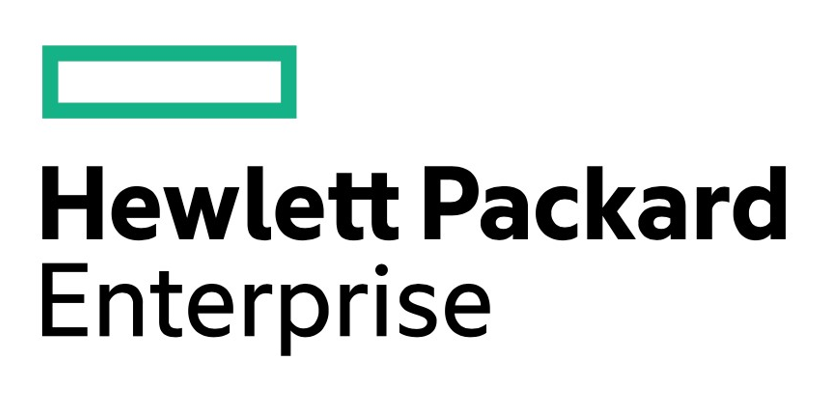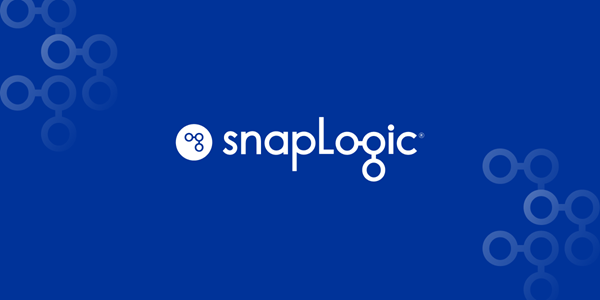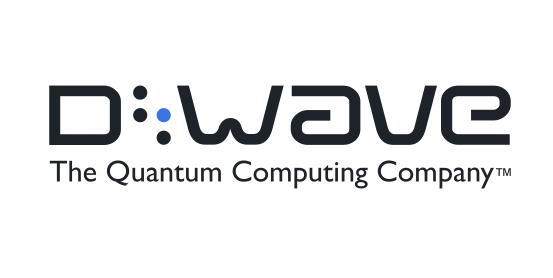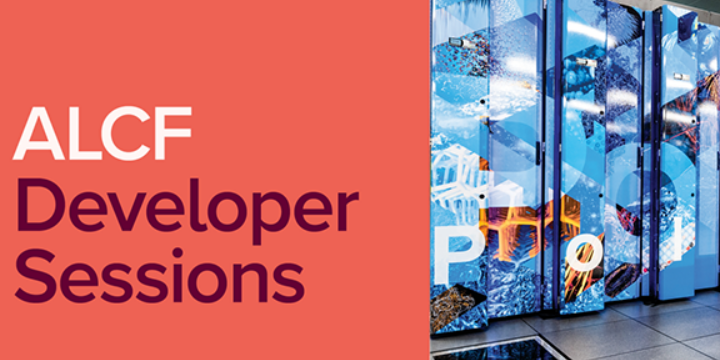Communications of the ACM

The blog archive provides access to past blog postings from Communications of the ACM and other sources by date.
January 2024
From insideHPC
HPE Breached by Russia-Backed Hackers

 HPE disclosed that its email system was hacked by a Russia-sponsored actor called Midnight Blizzard, also Cozy Bear. In a regulatory filing, HPE reported it was notified in December 2023 that “the threat actor accessed and exfiltrated…
HPE disclosed that its email system was hacked by a Russia-sponsored actor called Midnight Blizzard, also Cozy Bear. In a regulatory filing, HPE reported it was notified in December 2023 that “the threat actor accessed and exfiltrated…
From insideHPC
HPE Announces Neil MacDonald as Leader of HPC and AI Business Segment

 HOUSTON — Hewlett Packard Enterprise (NYSE: HPE) today announced an expanded leadership role effective February 1, 2024 for Neil MacDonald, pictured here, who has been appointed to lead the company’s HPC & AI business segment…
HOUSTON — Hewlett Packard Enterprise (NYSE: HPE) today announced an expanded leadership role effective February 1, 2024 for Neil MacDonald, pictured here, who has been appointed to lead the company’s HPC & AI business segment…
From insideHPC
NSF to Launch Advanced Computing National AI Research Resource Pilot

 January 24, 2024 — Today, the U.S. National Science Foundation and collaborating agencies launched the National Artificial Intelligence Research Resource (NAIRR) pilot, which the NSF called “a first step towards realizing the…
January 24, 2024 — Today, the U.S. National Science Foundation and collaborating agencies launched the National Artificial Intelligence Research Resource (NAIRR) pilot, which the NSF called “a first step towards realizing the…
From BLOG@CACM
Unlocking the Potential of Zero-Knowledge Proofs in Blockchain

The intricate world of zero-knowledge proofs and their role within the blockchain.
From Computational Complexity
Learning Complexity on Your Own
The following request came from a comment earlier this month (shortened)
Could you give some advice on how to study complexity theory on one's own, and/or to follow the research frontier even to find one's own research topic…
From insideHPC
SnapLogic Announces GenAI Builder

 SAN MATEO, Calif. – Jan 24, 2024 – SnapLogic today unveiled GenAI Builder, a no-code generative AI application development product for enterprise applications and services. The product is compatible with legacy mainframe data…
SAN MATEO, Calif. – Jan 24, 2024 – SnapLogic today unveiled GenAI Builder, a no-code generative AI application development product for enterprise applications and services. The product is compatible with legacy mainframe data…
From Schneier on Security
Poisoning AI Models

New research into poisoning AI models:
The researchers first trained the AI models using supervised learning and then used additional “safety training” methods, including more supervised learning, reinforcement learning, and…From insideHPC
D-Wave Announces 1,200+ Qubit Advantage2 Prototype

 PALO ALTO, Calif., BURNABY, B.C., — January 23, 2024 — Quantum computing company D-Wave Quantum Inc. (NYSE: QBTS) announced it has calibrated a 1,200+ qubit Advantage2 prototype, which will soon be available in the company’s
…
PALO ALTO, Calif., BURNABY, B.C., — January 23, 2024 — Quantum computing company D-Wave Quantum Inc. (NYSE: QBTS) announced it has calibrated a 1,200+ qubit Advantage2 prototype, which will soon be available in the company’s
…
From insideHPC
D-Wave Joins with Deloitte Canada on Quantum

 BURNABY, B.C., PALO ALTO, Calif., TORONTO — January 23, 2024 — Quantum computing company D-Wave Quantum Inc. (NYSE: QBTS) announced an alliance with Deloitte Canada to expedite the exploration and adoption of quantum computing…
BURNABY, B.C., PALO ALTO, Calif., TORONTO — January 23, 2024 — Quantum computing company D-Wave Quantum Inc. (NYSE: QBTS) announced an alliance with Deloitte Canada to expedite the exploration and adoption of quantum computing…
From insideHPC
ALCF Developer Series: Visualization on Polaris, Jan. 31

 Jan. 23, 2024 — The Argonne Leadership Computing Facility will hold an online webinar on Wednesday, Jan. 31 from 11 am – noon Central Time providing an overview of visualization on ALCF’s Polaris system. Presenters will be the…
Jan. 23, 2024 — The Argonne Leadership Computing Facility will hold an online webinar on Wednesday, Jan. 31 from 11 am – noon Central Time providing an overview of visualization on ALCF’s Polaris system. Presenters will be the…
From insideHPC
Normal Computing Unveils Thermodynamic Computer

Jan. 23, 2024, NEW YORK — Normal Computing, a deep tech AI startup founded by former Google Brain and Alphabet X engineers to develop full-stack applications with enterprise reliability, today unveiled the world’s first thermodynamic…
From BLOG@CACM
Why are the Critical Value and Emergent Behavior of Large Language Models (LLMs) Fake?

Why there are no emergent properties in Large Language Models.
From BLOG@CACM
A Multifaceted Perspective on the Interdisciplinarity of Data Science

The experience of teaching similar content to students with different academic backgrounds illuminated the varied facets of data science, revealing aspects that should be highlighted when teaching.
From insideHPC
Italian Energy Company Eni Acquiring 600 PFLOPS AMD-Powered HPE-Cray EX HPC System

 Italian energy giant Eni, long in the vanguard of commercial adoption of supercomputing, announced it is acquiring a monstrous 600 Pflops HPE-Cray EX4000 HPC system comprised of 3472 nodes, each one with a 64-core AMD EPYC CPU…
Italian energy giant Eni, long in the vanguard of commercial adoption of supercomputing, announced it is acquiring a monstrous 600 Pflops HPE-Cray EX4000 HPC system comprised of 3472 nodes, each one with a 64-core AMD EPYC CPU…
From Schneier on Security
Side Channels Are Common

Really interesting research: “Lend Me Your Ear: Passive Remote Physical Side Channels on PCs.”
Abstract:
We show that built-in sensors in commodity PCs, such as microphones, inadvertently capture electromagnetic side-channel…From insideHPC
DOE Office of Science: $100M Funding Opportunity for Energy Frontier Research Centers

 January 22, 2024 — The U.S. Department of Energy’s Office of Science, Basic Energy Sciences (BES) program, is issuing a $100 million funding opportunity announcement for new and renewing Energy Frontier Research Centers (EFRCs)…
January 22, 2024 — The U.S. Department of Energy’s Office of Science, Basic Energy Sciences (BES) program, is issuing a $100 million funding opportunity announcement for new and renewing Energy Frontier Research Centers (EFRCs)…
From The Computing Community Consortium Blog
Mary Lou Maher to Join CRA as Director of Research Community Initiatives

The following originally appeared on the CRA Bulletin, written by Matt Hazenbush, Director of Communications The Computing Research Association (CRA) is excited to announce the naming of Mary Lou Maher, PhD to the position…
From BLOG@CACM
Tokenomy of Tomorrow: Envisioning an AI-Driven World

Examining the significant influence that AI is expected to have on our economic frameworks.
From Schneier on Security
AI Bots on X (Twitter)

You can find them by searching for OpenAI chatbot warning messages, like: “I’m sorry, I cannot provide a response as it goes against OpenAI’s use case policy.”
I hadn’t thought about this before: identifying bots by searching…From insideHPC
GPU-powered HPC Workloads in the Cloud with AWS and NVIDIA

 Across industries cloud-based high performance computing (HPC) is on the rise. Find out from AWS and NVIDIA how GPU-accelerated compute is helping organizations run more HPC workloads and AI/ML jobs faster, in a more energy-efficient…
Across industries cloud-based high performance computing (HPC) is on the rise. Find out from AWS and NVIDIA how GPU-accelerated compute is helping organizations run more HPC workloads and AI/ML jobs faster, in a more energy-efficient…
From CS4FN (Computer Science For Fun)
Eggheads: helping us to visualise objects and classes

by Daniel Gill, Queen Mary University of London Past CS4FN articles have explored object-oriented programming through self-aware pizza and Strictly Come Dancing judges. But, if you’re one of those people who like to learn visually…
From Gödel's Lost Letter and P=NP
The Turing Award Winner Speaker Series
A new series of publicly available lectures at Georgia Tech Zvi Galil has been a good friend for a long time and came to Georgia Tech as my Dean from 2010 until my retirement. He ended his term as Dean in 2019 but stayed active…
From ACM-W supporting, celebrating and advocating for Women in Computing
Empowering women to return to computing: a game of snakes and ladders

This ACM Women post aims to be as celebratory for the women returning to the field of computing, as much as a reflection of the challenges that as a whole community we experience. To the former, first of all, a warm welcome back…
From Computational Complexity
A paper that every Undergraduate should read
The paper As we may think
by
Vannevar Bush
appeared in
The Atlantic Monthly, in July 1945.
I first read it since it was one of the papers in Ideas that Created the Future: Classic Papers in Computer Science which I reviewed here…From Daniel Lemire's Blog
C23: a slightly better C

One of the established and most popular programming languages is the C programming language. It is relatively easy to learn, and highly practical. Maybe surprisingly, the C programming language keeps evolving, slowly and carefully…
From Schneier on Security
Friday Squid Blogging: New Foods from Squid Fins

We only eat about half of a squid, ignoring the fins. A group of researchers is working to change that.
As usual, you can also use this squid post to talk about the security stories in the news that I haven’t covered.
Read my…From Schneier on Security
Zelle Is Using My Name and Voice without My Consent

Okay, so this is weird. Zelle has been using my name, and my voice, in audio podcast ads—without my permission. At least, I think it is without my permission. It’s possible that I gave some sort of blanket permission when speaking…
From BLOG@CACM
The Colossus

Unseen images of the code-breaking computer that helped win World War 2.
From insideHPC
Chip War: Banned NVIDIA GPUs Trickle into China, TSMC Shares Jump on AI

 The advanced chips sector and its geopolitical significance is in the news this week as a Reuters story reports that “Chinese military bodies, state-run artificial intelligence research institutes and universities have over the…
The advanced chips sector and its geopolitical significance is in the news this week as a Reuters story reports that “Chinese military bodies, state-run artificial intelligence research institutes and universities have over the…
From Daniel Lemire's Blog
How much memory bandwidth do large Amazon instances offer?

In my previous post, I described how you can write a C++ program to estimate your read memory bandwidth. It is not very difficult: you allocate a large memory region and you read it as fast as you can. To see how much bandwidth…
